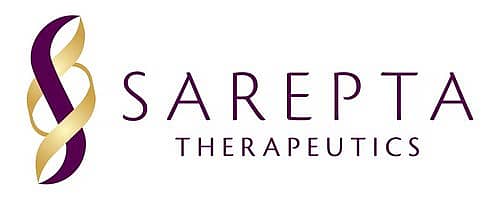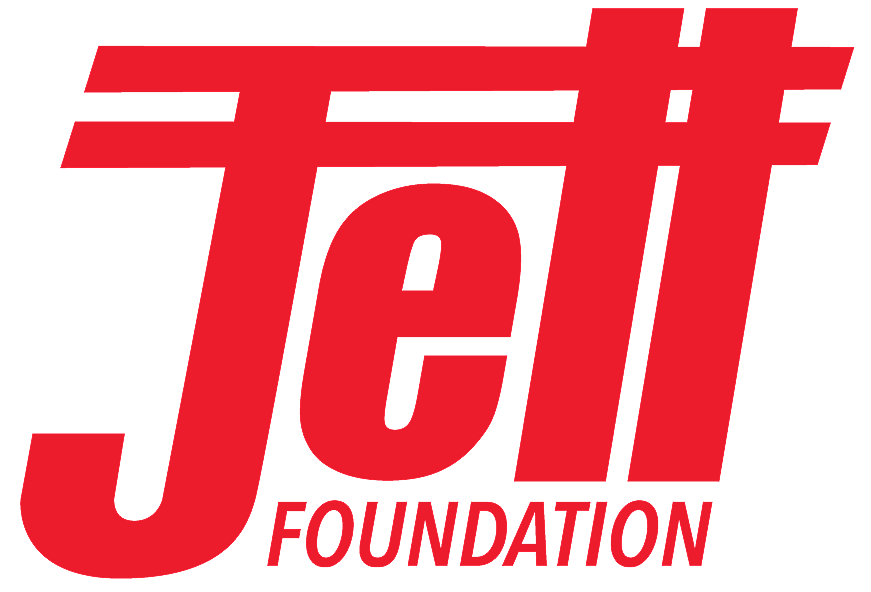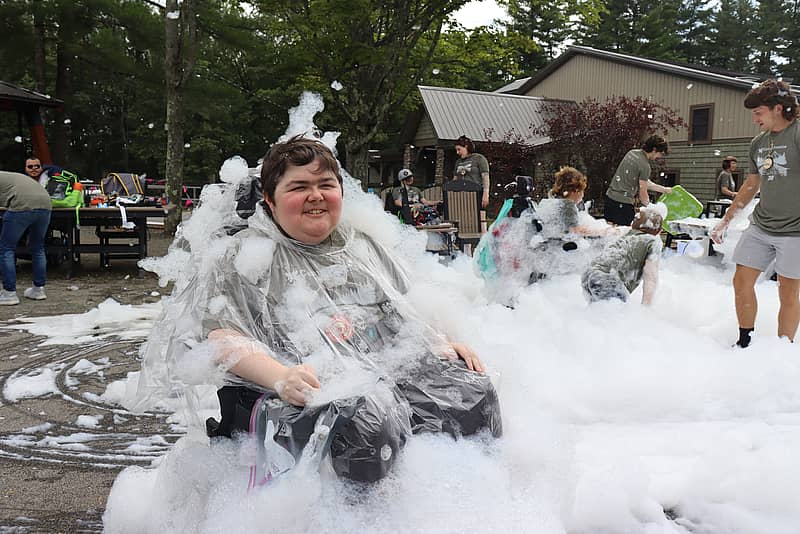
Sarepta has issued a program update for SRP-9001, its investigational Gene Therapy for the treatment of Duchenne. Please read on for their update, or click here to view the press release on their website for more details.

SAREPTA THERAPEUTICS PROVIDES PROGRAM UPDATE FOR SRP-9001, ITS INVESTIGATIONAL GENE THERAPY FOR THE TREATMENT OF DUCHENNE MUSCULAR DYSTROPHY
09/09/20 5:19 PM EDT
CAMBRIDGE, Mass., Sept. 09, 2020 (GLOBE NEWSWIRE) — Sarepta Therapeutics, Inc. (NASDAQ:SRPT), the leader in precision genetic medicine for rare diseases, today announced that it has completed a Type C ‘written response only’ meeting with the Office of Tissues and Advanced Therapies (OTAT), part of the Center for Biologics Evaluation and Research (CBER) at the U.S. Food and Drug Administration (FDA), to obtain OTAT’s concurrence on the commencement of its next clinical trial for SRP-9001 using commercial process material. SRP-9001 (AAVrh74.MHCK7.micro-dystrophin) is Sarepta’s investigational gene transfer therapy for the treatment of Duchenne muscular dystrophy.
Among other items, OTAT has requested that Sarepta utilize an additional potency assay for release of SRP-9001 commercial process material prior to dosing in a clinical study. Sarepta has several existing assays and data that it believes could be employed in response to OTAT’s request. However, additional dialogue with the Agency is required to determine the acceptability of the potency assay approach.
“We look forward to working with OTAT to potentially satisfy their requests and to obtain clarity on the timing of the commencement of our commercial supply study. We will provide further updates as we are able,” said Doug Ingram, president and chief executive officer, Sarepta Therapeutics. “Every day, thousands of children degenerate from the irreversible damage caused by Duchenne muscular dystrophy. It is for that reason that we will work relentlessly with the Division to satisfy any requests of OTAT and continue the advancement of a potentially transformative therapy for these patients.”
About SRP-9001 (AAVrh74.MHCK7.micro-dystrophin)
SRP-9001 is an investigational gene transfer therapy intended to deliver the micro-dystrophin-encoding gene to muscle tissue for the targeted production of the micro-dystrophin protein. Sarepta is responsible for global development and manufacturing for SRP-9001 and plans to commercialize SRP-9001 in the United States. In December 2019, the Company announced a licensing agreement granting Roche the exclusive right to launch and commercialize SRP-9001 outside the United States. Sarepta has exclusive rights to the micro-dystrophin gene therapy program initially developed at the Abigail Wexner Research Institute at Nationwide Children’s Hospital.
About Sarepta Therapeutics
At Sarepta, we are leading a revolution in precision genetic medicine and every day is an opportunity to change the lives of people living with rare disease. The Company has built an impressive position in Duchenne muscular dystrophy (DMD) and in gene therapies for limb-girdle muscular dystrophies (LGMDs), mucopolysaccharidosis type IIIA, Charcot-Marie-Tooth (CMT), and other CNS-related disorders, with more than 40 programs in various stages of development. The Company’s programs and research focus span several therapeutic modalities, including RNA, gene therapy and gene editing. For more information, please visit www.sarepta.com or follow us on Twitter, LinkedIn, Instagram and Facebook.
Sarepta Forward-Looking Statements
This press release contains “forward-looking statements.” Any statements contained in this press release that are not statements of historical fact may be deemed to be forward-looking statements. Words such as “believes,” “anticipates,” “plans,” “expects,” “will,” “intends,” “potential,” “possible” and similar expressions are intended to identify forward-looking statements. These forward-looking statements include statements regarding Sarepta’s belief that its existing assays and data could be employed in response to OTAT’s request; the acceptability of Sarepta’s potency assay approach by the FDA; our plan to work with OTAT to potentially satisfy their requests and to obtain clarity on the timing of the commencement of our commercial supply study; and the potential of SRP-9001 to be a transformative therapy for DMD patients.
These forward-looking statements involve risks and uncertainties, many of which are beyond Sarepta’s control. Known risk factors include, among others: delays in the commencement of Sarepta’s next clinical study for SRP-9001 could delay, prevent or limit our ability to gain regulatory approval for SRP-9001; any inability to complete successfully clinical development could result in additional costs to Sarepta or impair Sarepta’s ability to generate revenues from product sales, regulatory and commercialization milestones and royalties; SRP-9001 may not result in a viable treatment suitable for commercialization due to a variety of reasons, including the results of future research may not be consistent with past positive results or may fail to meet regulatory approval requirements for the safety and efficacy of product candidates; Sarepta may not be able to execute on its business plans and goals, including meeting its expected or planned regulatory milestones and timelines, clinical development plans, and bringing its product candidates to market, due to a variety of reasons, many of which may be outside of Sarepta’s control, including possible limitations of company financial and other resources, manufacturing limitations that may not be anticipated or resolved for in a timely manner, regulatory, court or agency decisions, such as decisions by the United States Patent and Trademark Office with respect to patents that cover Sarepta’s product candidates and the COVID-19 pandemic; and those risks identified under the heading “Risk Factors” in Sarepta’s most recent Annual Report on Form 10-K for the year ended December 31, 2019, and most recent Quarterly Report on Form 10-Q filed with the Securities and Exchange Commission (SEC) as well as other SEC filings made by Sarepta which you are encouraged to review.
Any of the foregoing risks could materially and adversely affect Sarepta’s business, results of operations and the trading price of Sarepta’s common stock. For a detailed description of risks and uncertainties Sarepta faces, you are encouraged to review the SEC filings made by Sarepta. We caution investors not to place considerable reliance on the forward-looking statements contained in this press release. Sarepta does not undertake any obligation to publicly update its forward-looking statements based on events or circumstances after the date hereof.
Internet Posting of Information
We routinely post information that may be important to investors in the ‘For Investors’ section of our website at www.sarepta.com. We encourage investors and potential investors to consult our website regularly for important information about us.
Source: Sarepta Therapeutics, Inc.
Sarepta Therapeutics, Inc.
Investors:
Ian Estepan, 617-274-4052
iestepan@sarepta.com
Media:
Tracy Sorrentino, 617-301-8566
tsorrentino@sarepta.com
Source: Sarepta Therapeutics, Inc.






